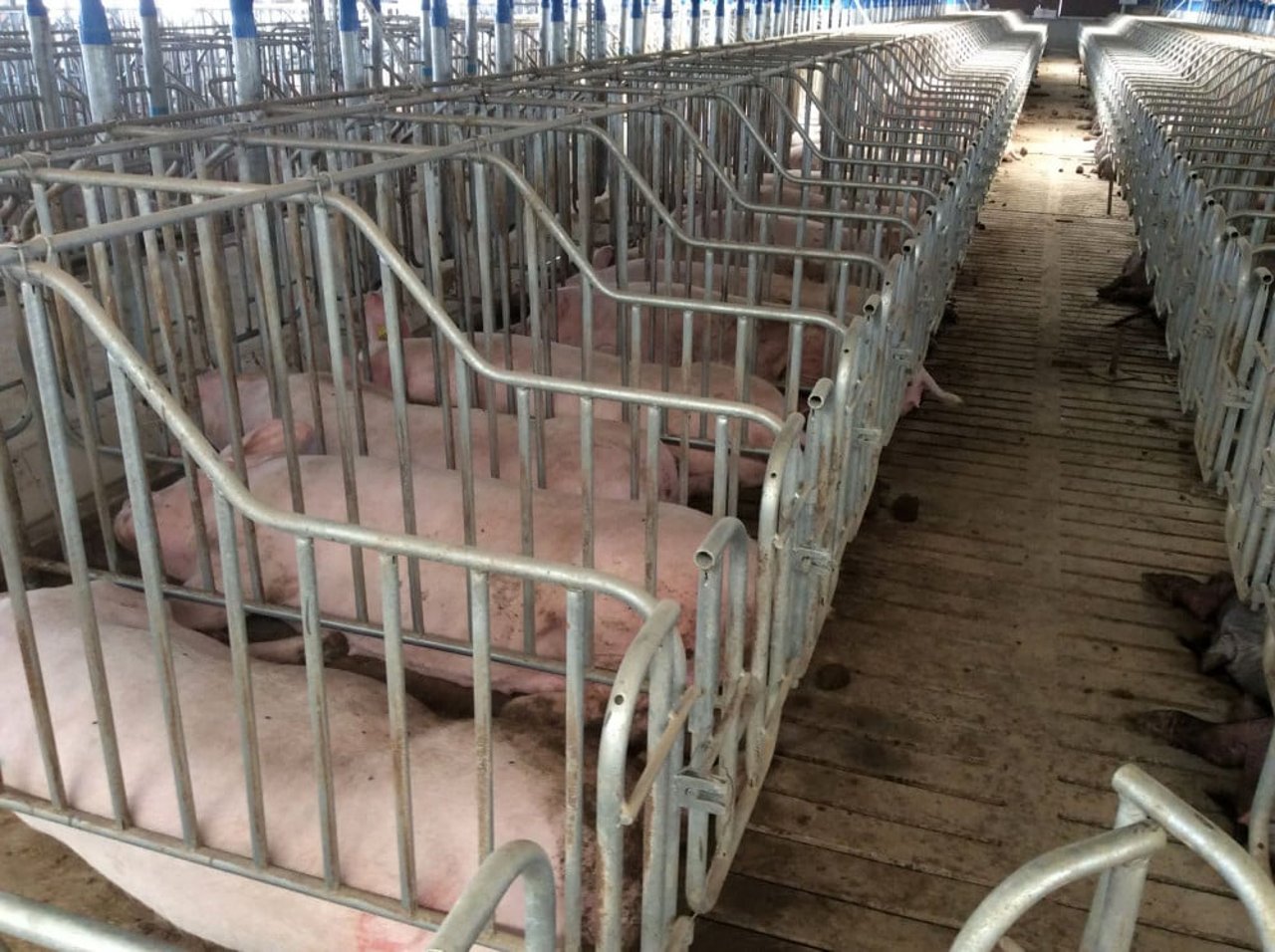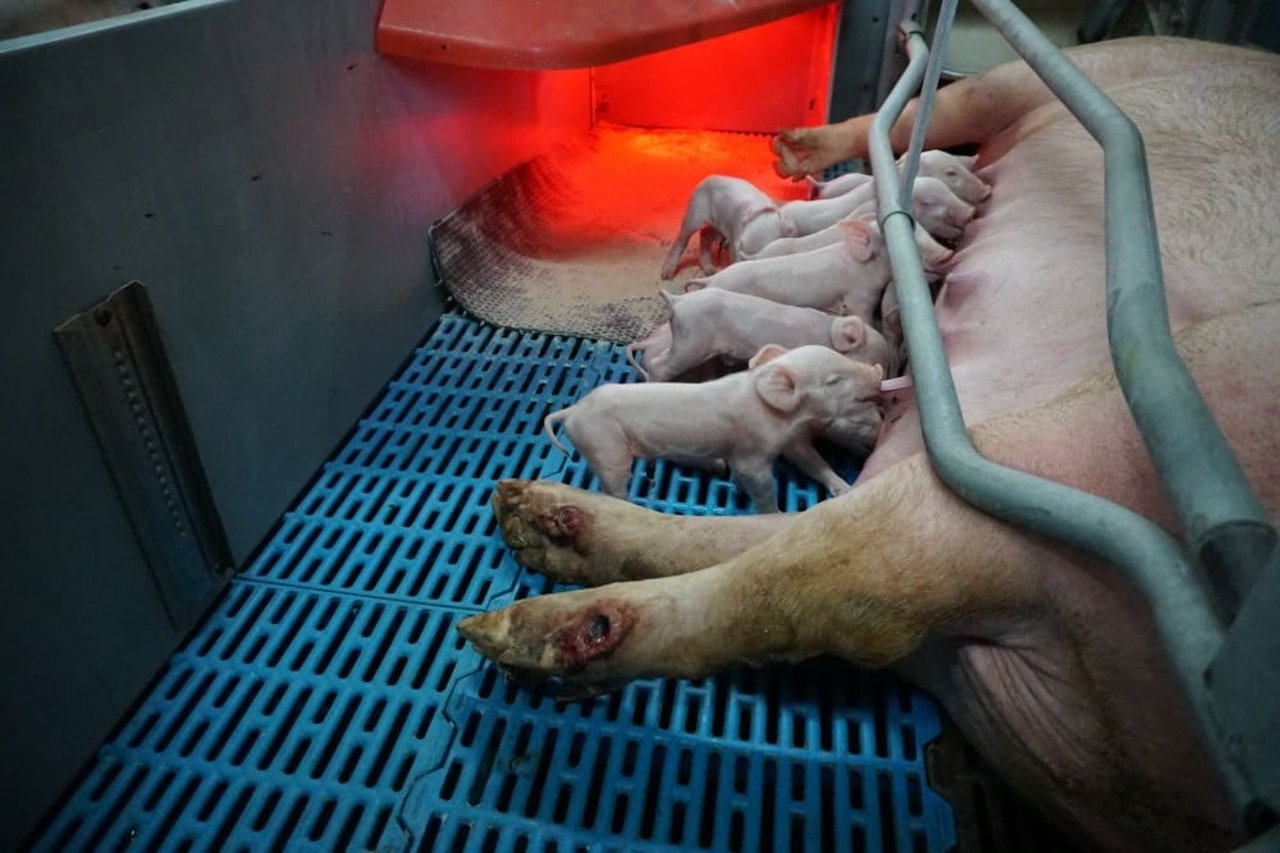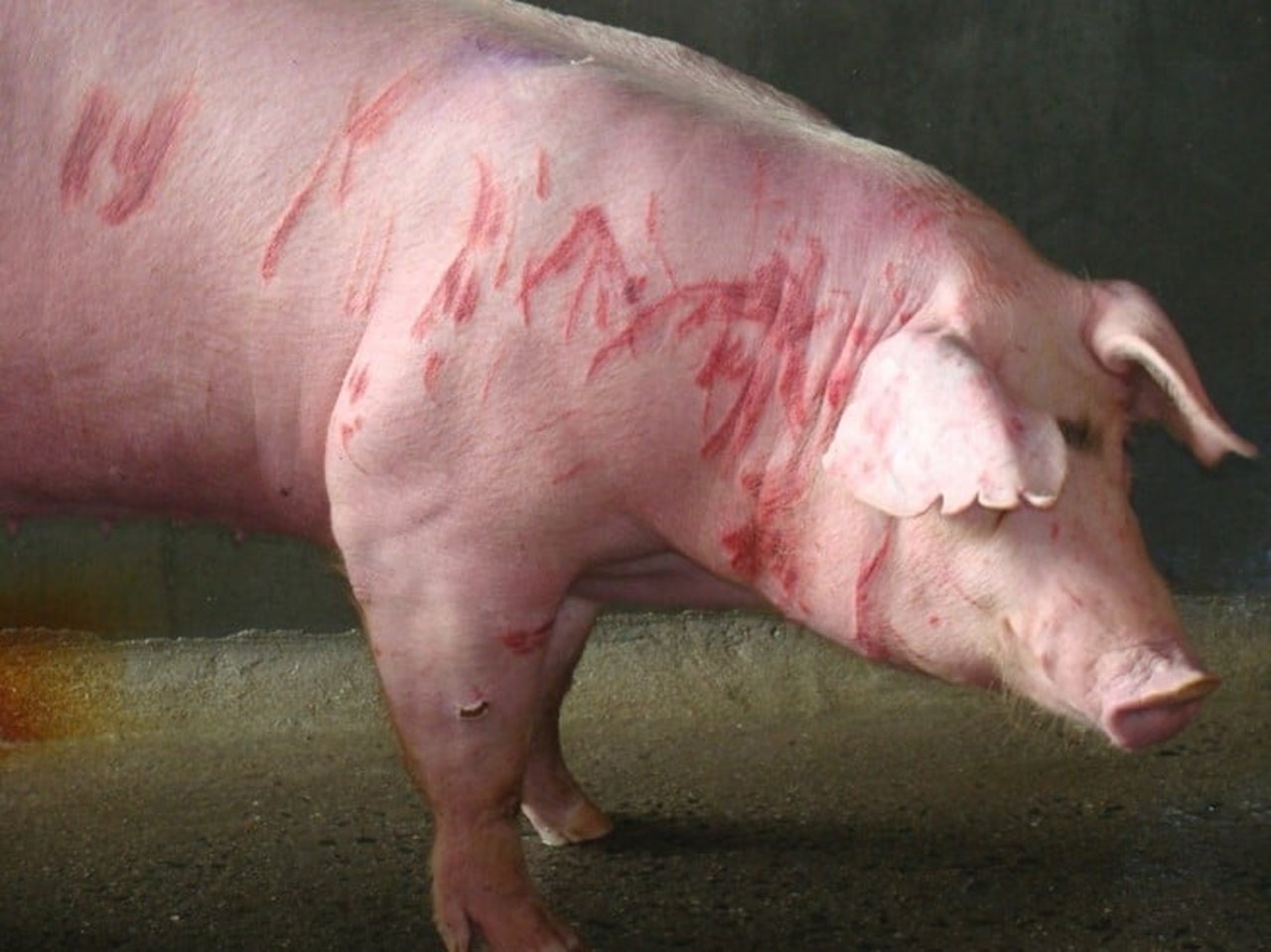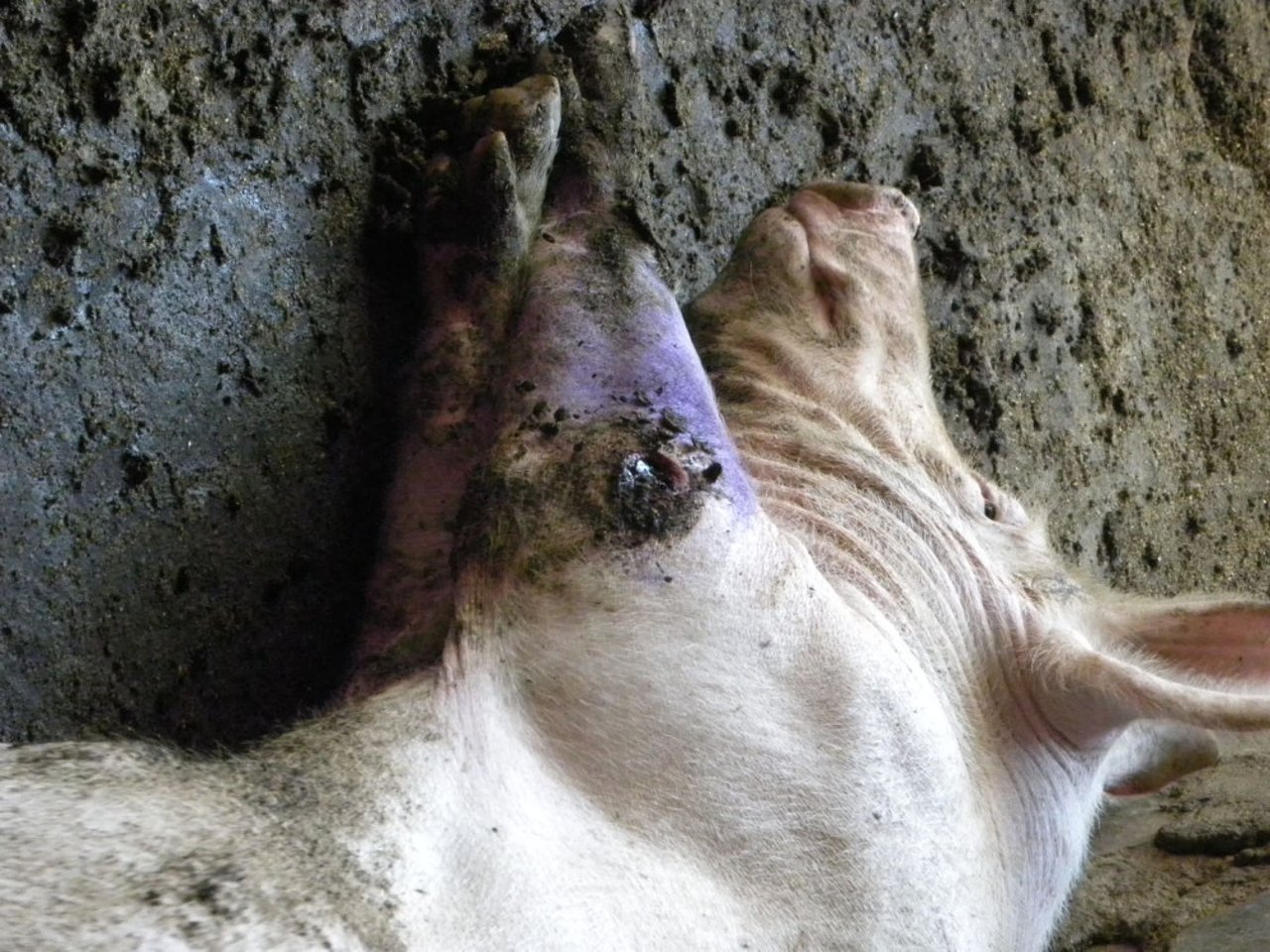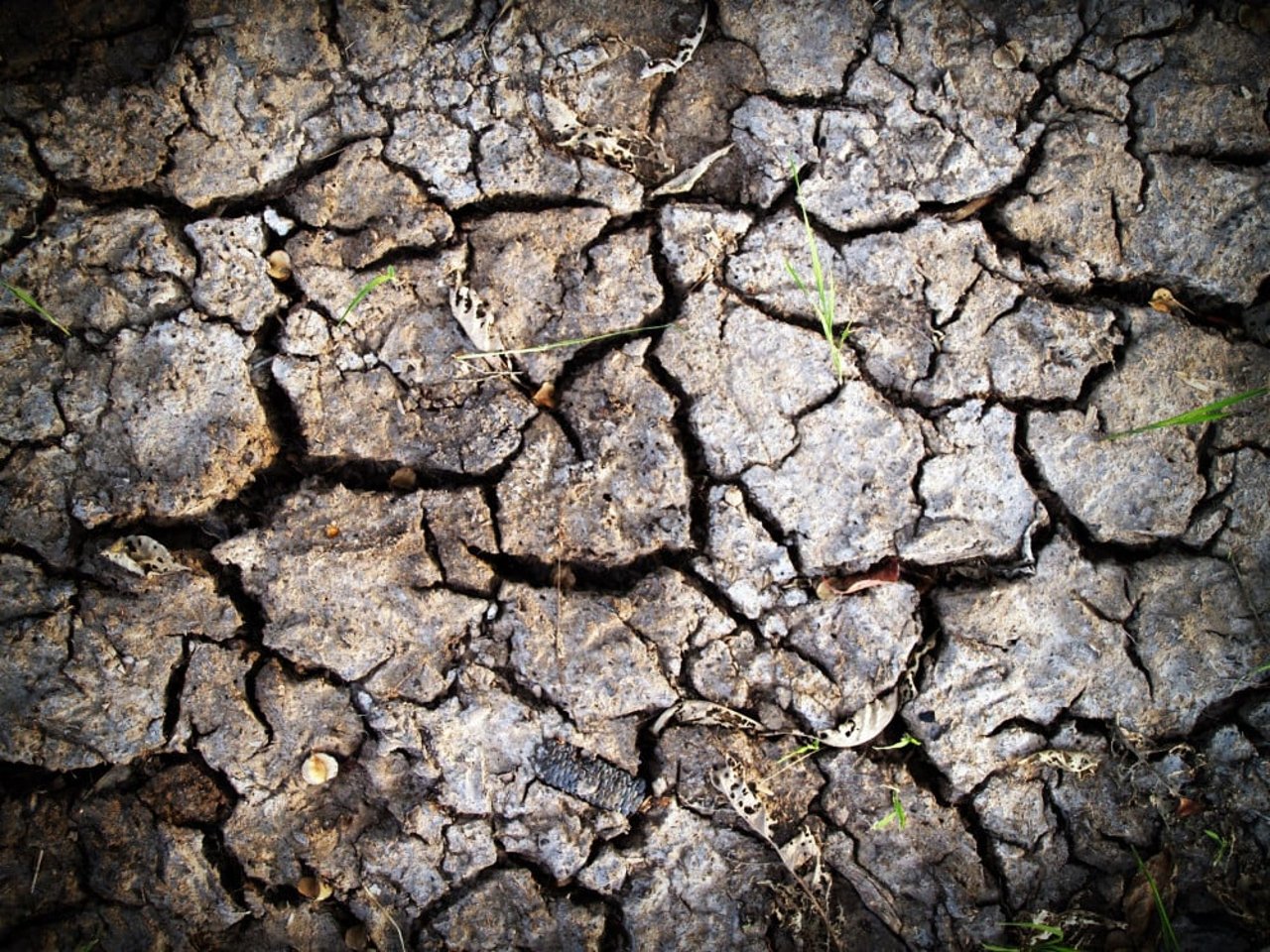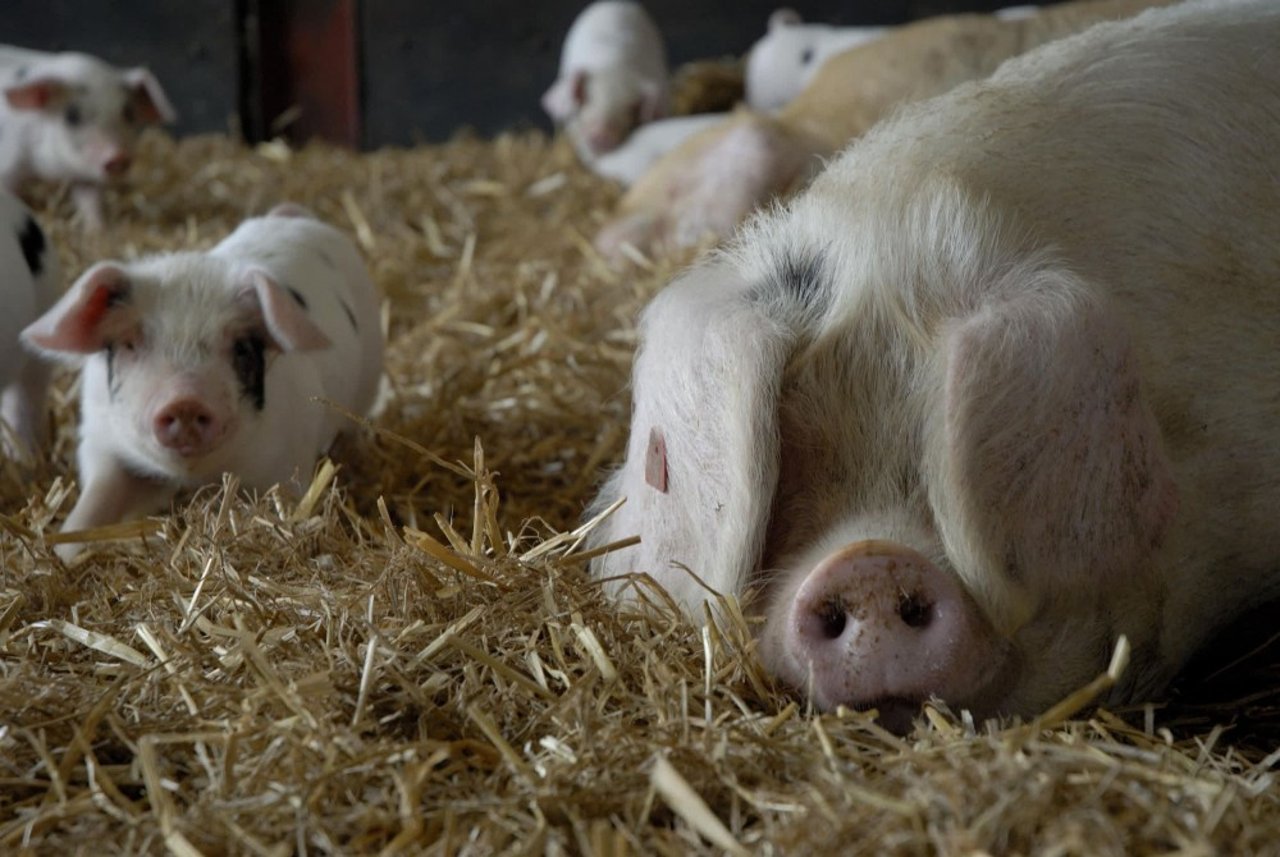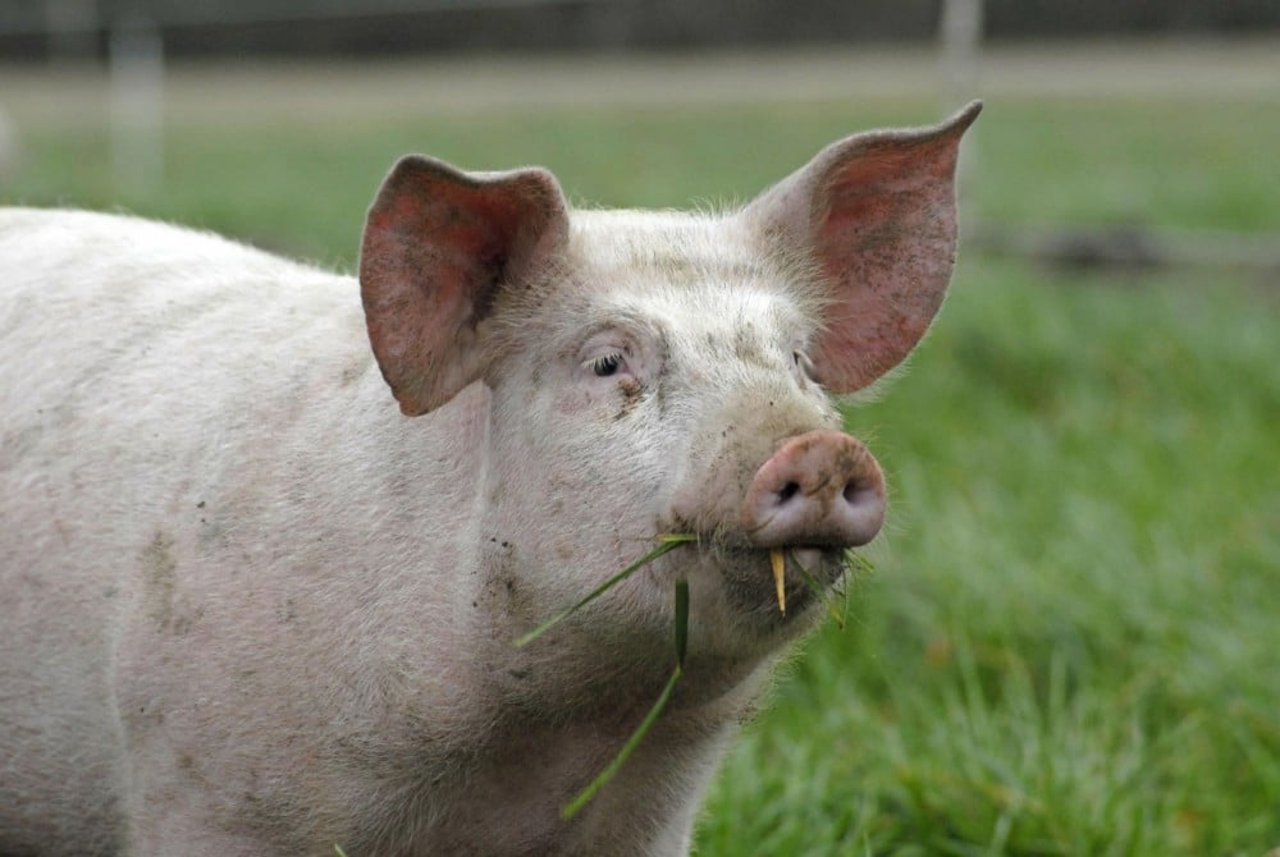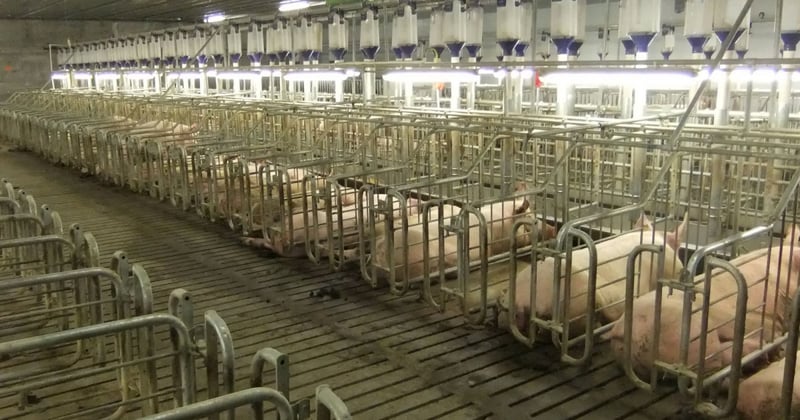
Seven things you didn’t know about pig factory-farming
News
Across the world, pigs are amongst the most intensively farmed animals on the planet. They suffer at every stage of their lives. Most never even feel the earth beneath their feet.
Globally, mother pigs are reared in intensive, barren factory farms where they are confined in steel cages - sow-stalls - for their entire pregnancy.
New Zealand has banned sow-stalls because the New Zealand Government knows that consumers are concerned about animal welfare. However, around 70% of pig-farms in New Zealand now use farrowing crates which still offer barren confinement, with no enrichment for mother pigs and their piglets.
At the end of her pregnancy the sow is placed in a farrowing crate where she will give birth. The mother pig is unable to move around, she can only stand up and lie down. There is no straw for bedding, so she can't nest and properly nurture her piglets.
To deal with the conditions of close confinement, in the farrowing crate, her piglets are cruelly mutilated often with no pain relief: their tails are cut, teeth clipped and most male piglets castrated.
Here’s a few things you may not have known about pig factory-farming practices, outside of New Zealand and, around the world:
1. Most pigs raised for meat exist squashed together in barren, concrete pens, and mother pigs have no room to turn around or lie down comfortably. They will experience severe physical pain and psychological distress all their lives.
2. In factory farms, piglets are ripped from their mothers at just three-weeks of age. Pigs are highly intelligent, charismatic and social animals. They can be as playful as a dog and as intelligent as a three-year-old child. Depriving them of social connections from such an early age has a devastating impact on their wellbeing.
3. Due to chronic stress and boredom, pigs develop abnormal behaviours like biting the tails of other pigs in frustration. They will develop skin lesions, painful lameness, digestive problems and lung disease. This is no life for a pig.
4. Stressful overcrowding leads to the spread of infection, increasing the need for antibiotics as a band aid solution for low welfare farming. Massive overuse of antibiotics creates conditions ripe for superbugs: bacteria that cannot be treated with medicine. 700,000 people die from superbugs each year.
5. Agriculture is the biggest contributor to climate change of all industries, with factory farming playing a big part. Factory farming pumps out huge volumes of cheap meat. Large amounts of feed and water are required, leading to deforestation and soil erosion. Factory farming also creates nitrate pollution; it’s bad for pigs and for our planet.
6. A better way is possible. Around the world, higher welfare, cage-free systems are improving productivity, while providing a life worth living for pigs.
7. You can help make a difference. We are empowering consumers to help drive change by telling supermarkets they need to shift to higher welfare pork. Supermarkets have a responsibility to ensure the producers they source pork from end close confinement and barren environments. It’s time to Raise Pigs Right.
Change is possible, we have real and tangible solutions to improve the lives of pigs. Leading pig producers are saying no to confining mother pigs in cages.
